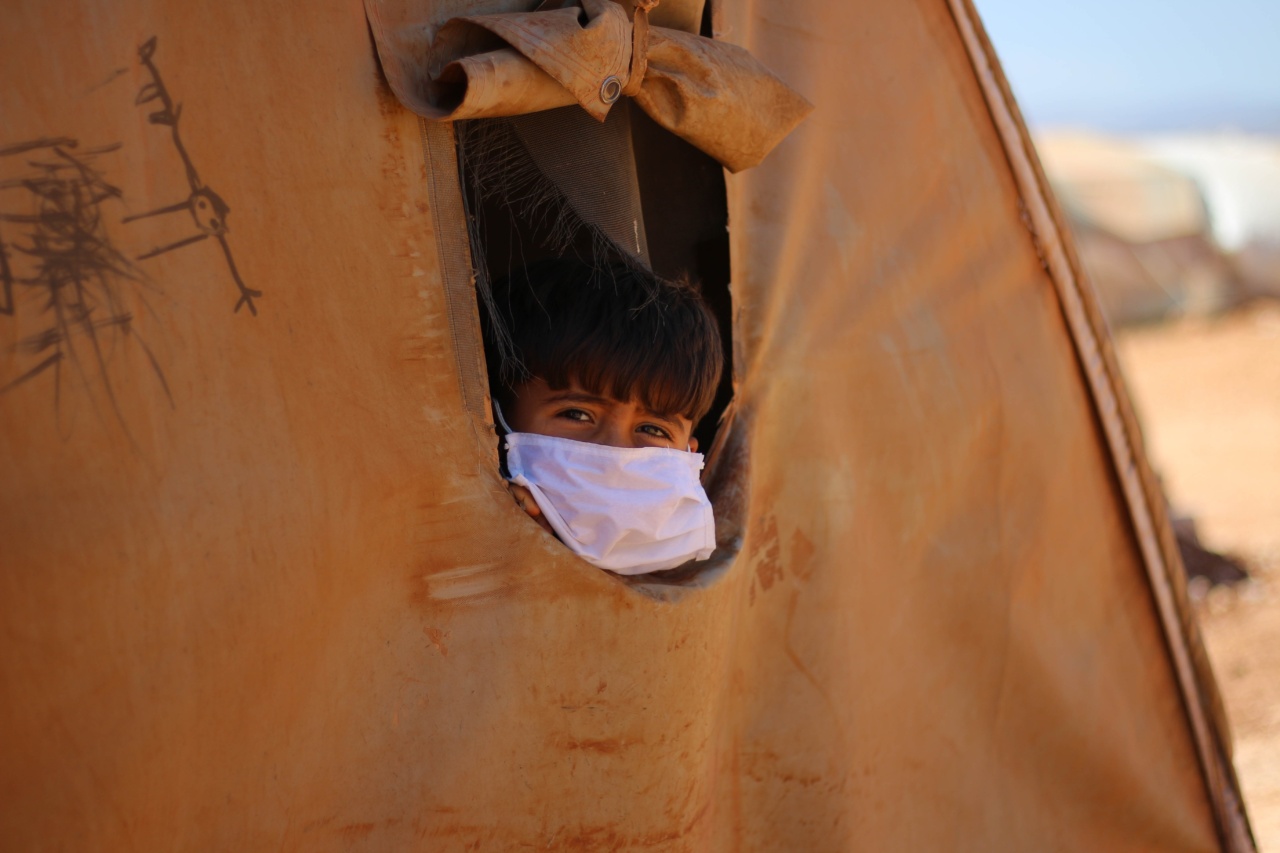Maternal age at childbirth has been a subject of intense debate among researchers and healthcare practitioners.
Several studies have shown that advanced maternal age is associated with increased morbidity and mortality risks for both the mother and child. The aim of this article is to review the findings on the relationship between maternal age and mortality risk in children.
Maternal Age and Mortality Risk in Children
Children born to older mothers are at increased risk of mortality. A study by Anderson et al. (2017) found that children born to mothers aged 35 years or older had a significantly higher risk of mortality than those born to mothers aged 20-34 years.
The study also found that maternal age was a stronger predictor of mortality risk in the neonatal period than in the post-neonatal period.
The neonatal period is the first 28 days of life, while the post-neonatal period is the period between 28 days and one year of age. Another study by Han et al.
(2017) found that the risk of infant mortality increased with advanced maternal age, and the risk was highest for mothers aged 45 years or older.
Several factors may contribute to the increased mortality risk in children born to older mothers. These factors include maternal comorbidities such as hypertension, diabetes, and obesity, which are more common in older mothers.
Advanced maternal age is also associated with an increased risk of preterm delivery, low birth weight, and congenital abnormalities, which are major contributors to infant mortality.
The Role of Paternal Age
While much of the focus has been on maternal age, the role of paternal age in mortality risk in children cannot be ignored. A study by Zeka et al.
(2015) found that advanced paternal age was associated with an increased risk of stillbirth, neonatal death, and infant mortality. The risk of mortality was highest for fathers aged 45 years or older. The study also found that the risk of mortality increased with both maternal and paternal age, suggesting that the risk of mortality is higher in children born to older parents.
Interventions to reduce mortality risk
To reduce mortality risk in children born to older parents, healthcare practitioners can implement several interventions.
These interventions include preconception counseling, early detection and management of maternal comorbidities, appropriate antenatal care, and timely delivery. Timely delivery can be achieved through induction of labor or a planned cesarean section for mothers with certain comorbidities or obstetric indications.
Conclusion
Maternal age is a significant risk factor for mortality in children. Children born to older parents are at increased risk of mortality, and the risk is higher for those born to mothers aged 35 years or older and fathers aged 45 years or older.
To reduce mortality risk in children born to older parents, healthcare practitioners can implement several interventions.




























